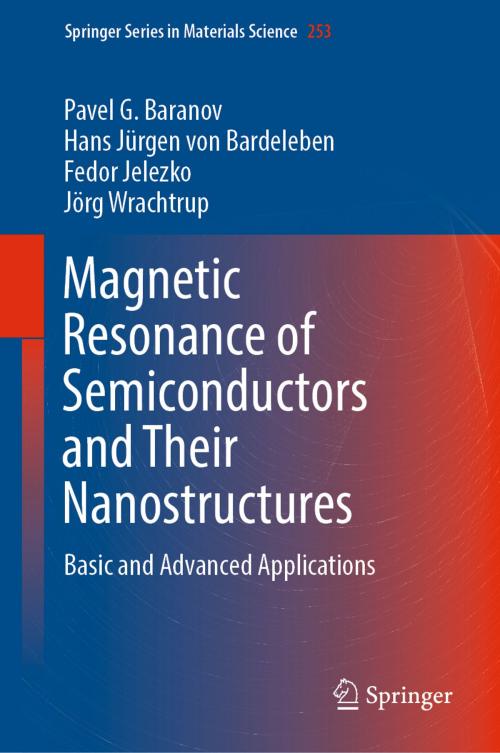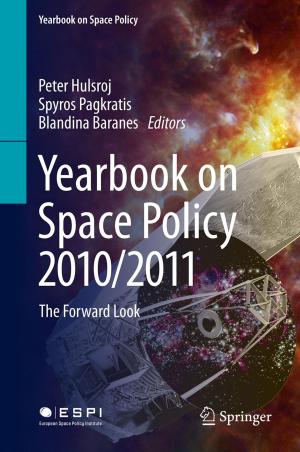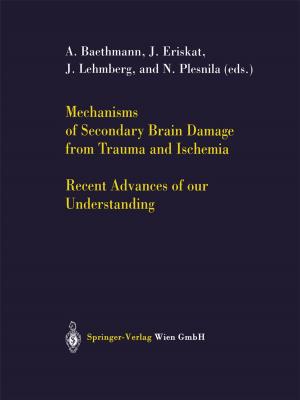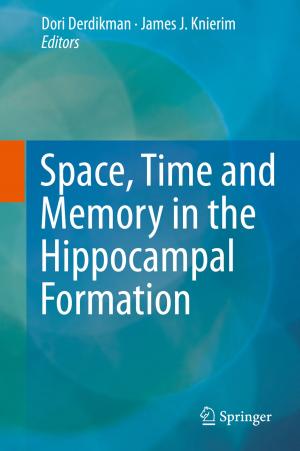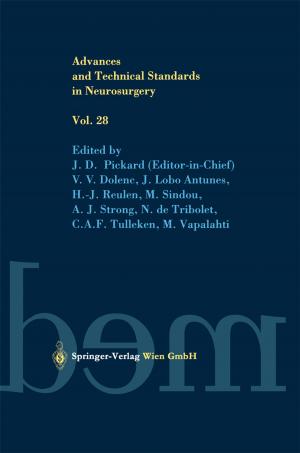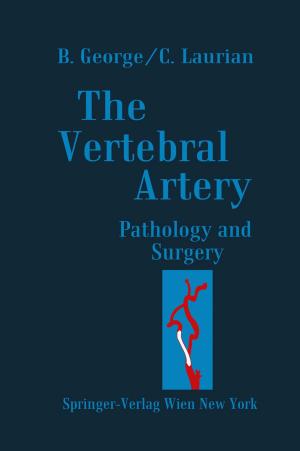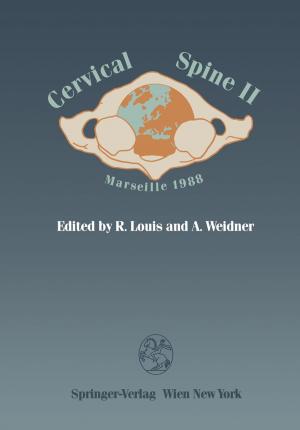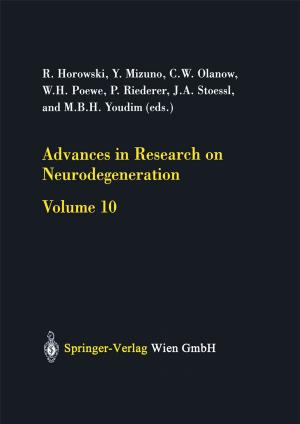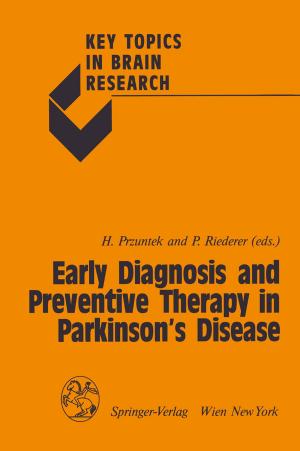Magnetic Resonance of Semiconductors and Their Nanostructures
Basic and Advanced Applications
Nonfiction, Science & Nature, Science, Physics, Spectrum Analysis, Technology, Electronics, Semiconductors| Author: | Pavel G. Baranov, Hans Jürgen von Bardeleben, Fedor Jelezko, Jörg Wrachtrup | ISBN: | 9783709111574 |
| Publisher: | Springer Vienna | Publication: | March 20, 2017 |
| Imprint: | Springer | Language: | English |
| Author: | Pavel G. Baranov, Hans Jürgen von Bardeleben, Fedor Jelezko, Jörg Wrachtrup |
| ISBN: | 9783709111574 |
| Publisher: | Springer Vienna |
| Publication: | March 20, 2017 |
| Imprint: | Springer |
| Language: | English |
This book explains different magnetic resonance (MR) techniques and uses different combinations of these techniques to analyze defects in semiconductors and nanostructures. It also introduces novelties such as single defects MR and electron-paramagnetic-resonance-based methods: electron spin echo, electrically detected magnetic resonance, optically detected magnetic resonance and electron-nuclear double resonance – the designated tools for investigating the structural and spin properties of condensed systems, living matter, nanostructures and nanobiotechnology objects. Further, the authors address problems existing in semiconductor and nanotechnology sciences that can be resolved using MR, and discuss past, current and future applications of MR, with a focus on advances in MR methods.
The book is intended for researchers in MR studies of semiconductors and nanostructures wanting a comprehensive review of what has been done in their own and related fields of study, as well as future perspectives.
This book explains different magnetic resonance (MR) techniques and uses different combinations of these techniques to analyze defects in semiconductors and nanostructures. It also introduces novelties such as single defects MR and electron-paramagnetic-resonance-based methods: electron spin echo, electrically detected magnetic resonance, optically detected magnetic resonance and electron-nuclear double resonance – the designated tools for investigating the structural and spin properties of condensed systems, living matter, nanostructures and nanobiotechnology objects. Further, the authors address problems existing in semiconductor and nanotechnology sciences that can be resolved using MR, and discuss past, current and future applications of MR, with a focus on advances in MR methods.
The book is intended for researchers in MR studies of semiconductors and nanostructures wanting a comprehensive review of what has been done in their own and related fields of study, as well as future perspectives.
